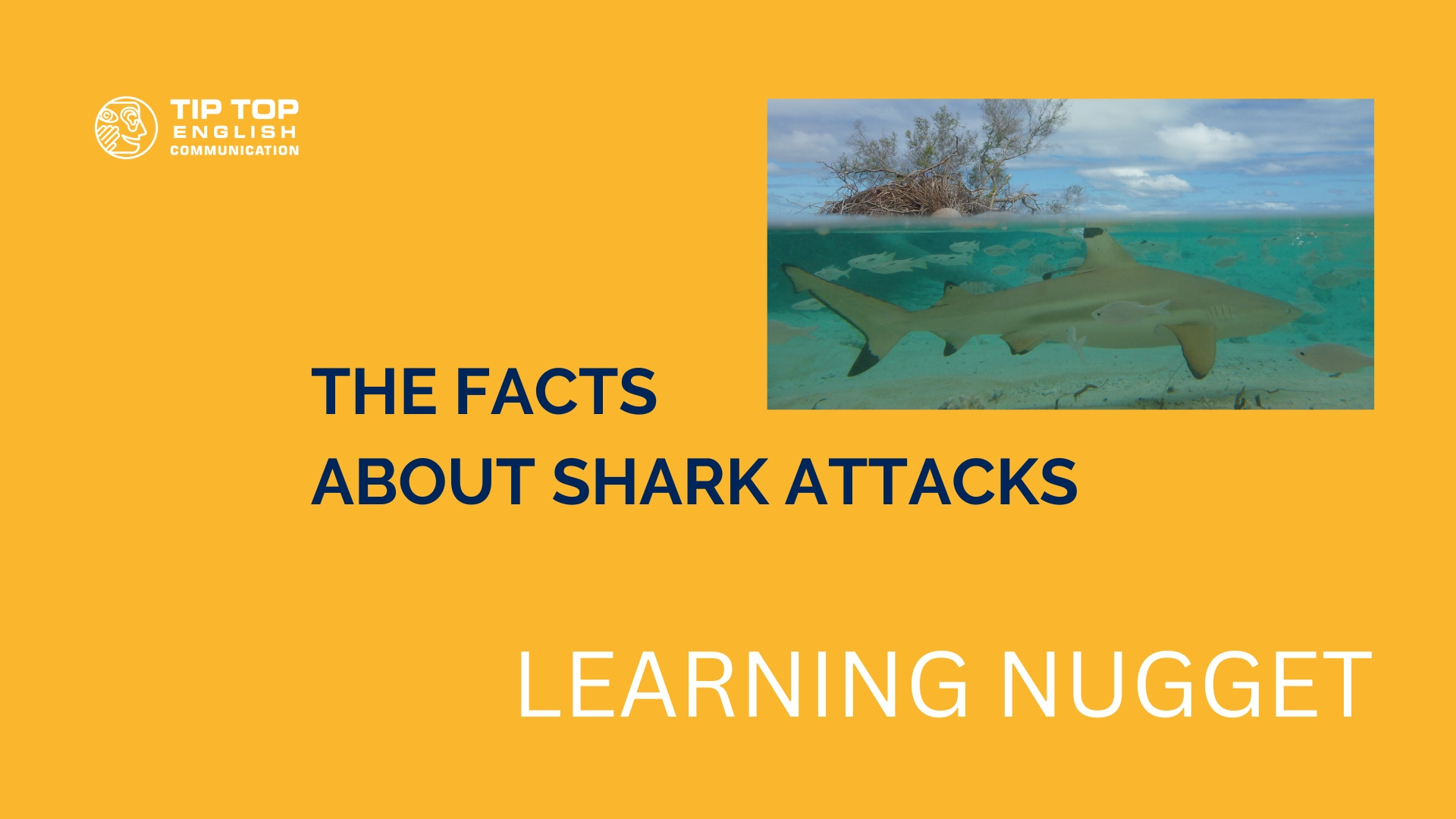The facts about shark attacks
The total of confirmed shark attacks worldwide in 2023 was nearly triple the number recorded just over 50 years ago in 1973. We know, we know – bad timing. This isn’t the news you want just a few weeks away from packing up for your summer beach vacation.
Still, the reasons for this increase – as well as other shark attack facts – are fascinating. And to make up for the scary numbers, we’ve included tips for avoiding attention from the ocean’s top predators.
Why are shark attacks more frequent now?
Climate change is one reason experts believe sharks have bitten more people in recent years. Of the world’s over eight billion people, six billion live in the Northern Hemisphere. As sea temperatures have risen, more sharks have discovered comfortable water temperatures in densely populated northern regions.
But the most likely cause of the shark attack spike is the increase of people. There were just under four billion people in the world in 1973. Now there’s more than double that. More people mean more beachgoers and divers, which means more humans entering sharks‘ habitat.
That fact leads us to our first bit of good news for you: Even though the number of shark attacks has gone up significantly in recent years, the rate of shark attacks hasn’t. In fact, a chart in a 2023 Time article made with data from online resource Shark Attack File shows that the rate of shark attacks per billion people has actually been lower recently than most years between 1950 and 1965.
What sharks attack people most often?
Nearly two-thirds of all confirmed shark bites can be attributed to three species of shark. These are white, tiger, and bull, with whites (also called great whites) biting more often than the other two species combined. Those same three species are responsible for over 87% of recorded fatal attacks.
Though these sharks all hunt large prey, modern research suggests they probably bite humans out of curiosity rather than hunger. The problem is that sharks can only investigate things with their mouths, and those happen to be filled with razor sharp teeth and jaws that bite with enormous power. In fact, white sharks have the strongest bite in the animal kingdom with a force of almost two tonnes.
Shark attack rates & avoiding a bite
Now for the best news of all: You are extremely unlikely to be bitten by a shark and even more unlikely to die of shark-related injuries. From 2010-2019, an average of 80 people per year suffered an unprovoked shark attack (meaning they weren’t doing something like spearfishing that could make a shark defensive) and only an average of five people per year died of those injuries.
If you’re in Europe, the chances of a shark attack are even lower. Greece is the European country with the highest number of unprovoked shark attacks recorded – with just 15 since 1847. That’s a rate lower than 0.01 per year.
Here are a few things more likely to kill people than sharks:
Lightning: Estimates vary, but the lowest annual death rate from lightning we saw proposed was 2,000.
Hippopotamuses: These large, territorial creatures kill around 500 people per year.
Jellyfish: Around 100 people per year are estimated to die from jellyfish stings. The Australian box jellyfish is particularly dangerous and considered the most venomous saltwater creature.
Still, it never hurts to be cautious. If you’d like to get your chance of suffering a shark attack even closer to zero, the most common tips we came across were these:
– Don’t swim at night or in low light.
– Don’t wear jewelry that could glint like a fish.
– Avoid splashing a lot (it could sound like a prey animal in distress).
– Don’t swim near a steep drop-off as it’s where sharks‘ prey usually is.
– Avoid wearing bright bathing suits – especially ones with patterns in contrasting colors.
– Swimming in rough or murky water makes it harder for sharks to see that you aren’t their typical prey.
See you in September
Like many of you, the Learning Nugget will take a vacation in August (though it’s mad it has to return that bright pink leopard print bathing suit it just bought). We hope you all have a great summer and we look forward to being back with you in September!
Vocabulary
confirm – bestätigten
be nearly triple – hat sich nahezu verdreifacht
tips for avoiding attention – Tipps, um von der Aufmerksamkeit abzulenken
predator – Raubtier
more frequent – häufiger
climate change – Klimawandel
rise – rose –risen – ansteigen
discover – entdecken
densely populated – dicht besiedelt
most likely cause of – wahrscheinlichste Grund für
shark attack spike – Ausmaß von Hai-Attacken
diver – Taucher
shark’s habitat – Lebensraum des Hais
whites – hier Weiße Haie
fatal attacks – tödlicher Ausgang
though – obwohl
prey – Beute
curiosity – Neugierde
investigate sth. – etw. untersuchen, erkunden
razor sharp – rasierklingenscharf
jaw – Kiefer
a force of – eine Kraft von
extremely unlikely – extrem unwahrscheinlich
injury – Verletzung
suffer – leiden
unprovoked – grundlos
spearfishing – Hochseefischen
lightning – Blitzschlag
hippopotamus – Nilpferd
sting – Stich
box jellyfish – Ohrenqualle
venomous – giftig
cautious – vorsichtig
glint – glitzern
avoid splashing – Spritzen vermeiden
prey animal – Beutetier
in distress – in Not
steep drop-off – starke Senkungen
bright bathing suits – helle, auffällige Badebekleidung
rough or murky water – raues oder trübes Gewässer
Excite Your Senses

On our YouTube channel, you can follow along as a native speaker reads this month’s Learning Nugget accompanied by music and pictures.
